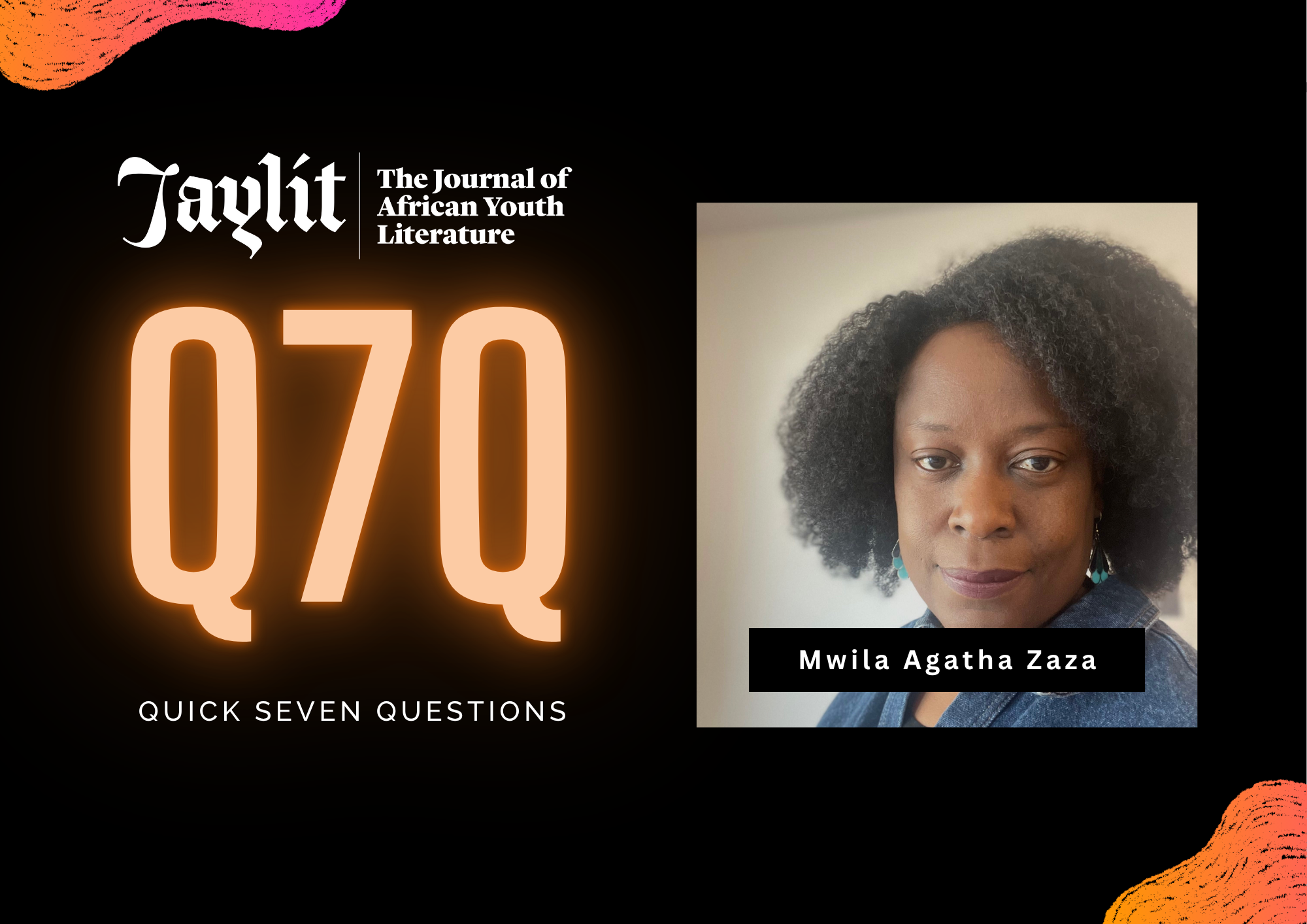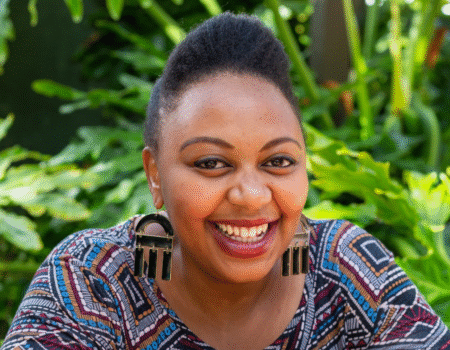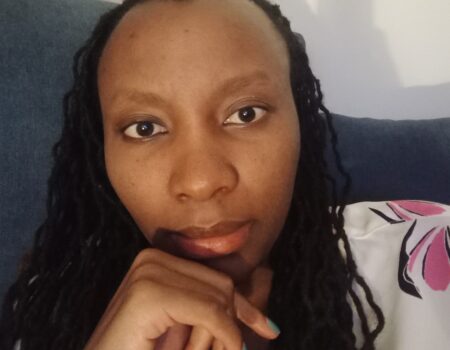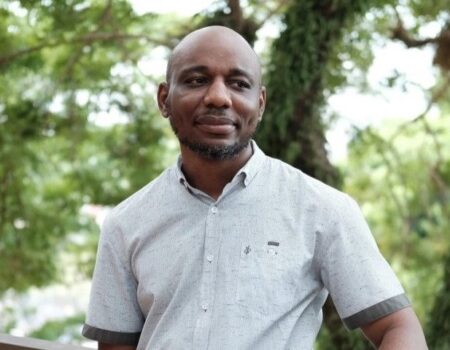Mwila Agatha Zaza is one of six Zambian writers shortlisted for the 2025 Ubwali Hope Prize, presented by Ubwali Literary Magazine in partnership with Shenandoah. The winner, who will be announced in a few days, will receive $500 and be featured in the fall issue of Shenandoah.
Mwila was shortlisted for her short story, “A Time to Ask”, published in Issue 3 of Ubwali Literary Magazine. The story can be read here.
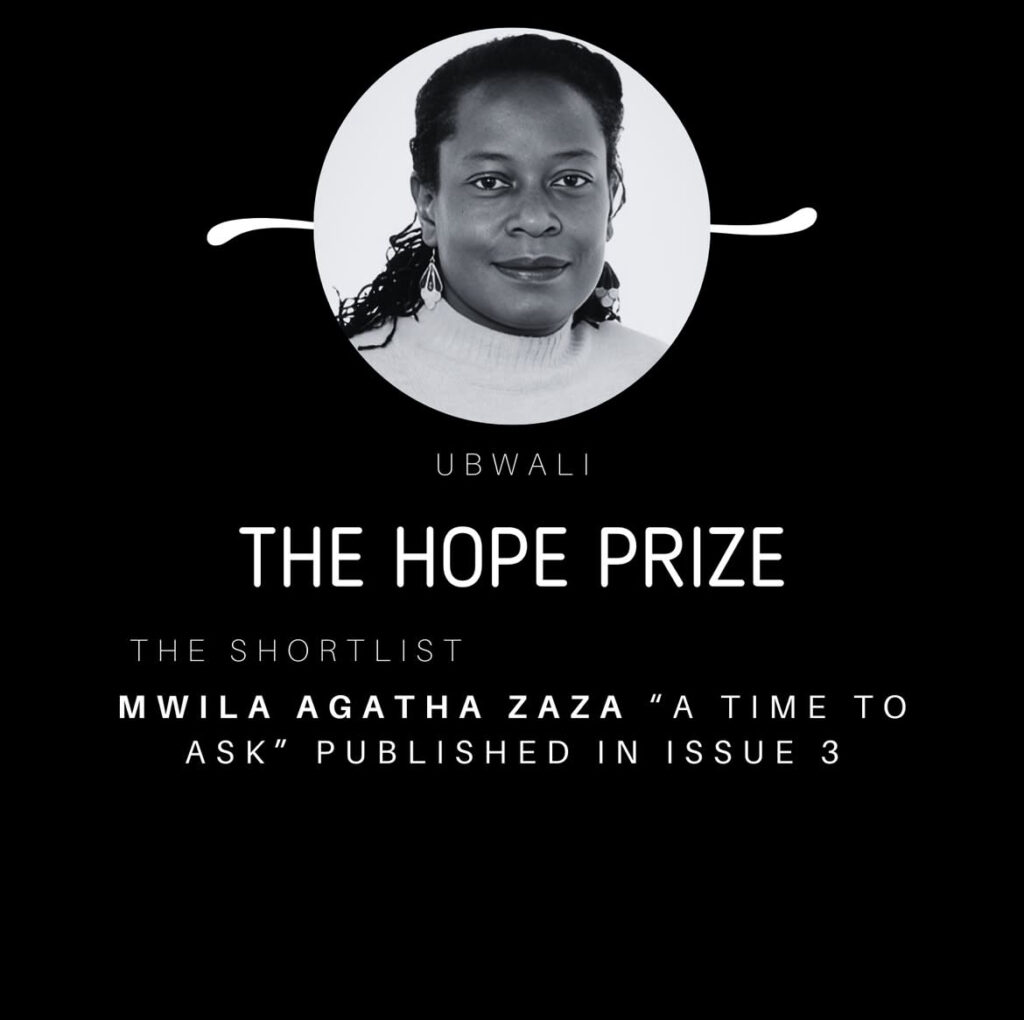
Below is our “Quick Seven Questions” interview with Mwila Agatha Zaza.
Enjoy!
~
Q1 – Who is Mwila Agatha Zaza?
I’m a writer.
I’m also a few other things too. I have a family and I live in Helsinki which is a wonderful city for any kind of creative.
I work for a non-governmental organisation that works with widows in Africa and Asia as a funding and communications specialist. I have a 23-year history in NGOs and I’ve found a niche in which my love for writing can be of some use to the world.
Originally from Zambia. I migrated to Finland to Finland fifteen years ago and since then I’ve lived in Singapore and New Zealand. I also spent part of my childhood in the Soviet Union and the UK and lived in Ireland for a few years.
It was as an “expat” that I finally took my writing seriously, at least more seriously than I had before. In Singapore I had the chance to befriend several writers – some professional and some like me at the time, using it as something to keep our minds busy. I’ve been published in The Johannesburg Review of Books, Black Creative Aotearoa, Ubwali and by the British Council and an Irish Magazine. I’ve also written two novels, “the Pretenders”, which will be released next year and “The English Speakers” which is scheduled for publication next year.
Q2 – What is the inspiration behind “A Time to Ask”
The story was sparked by an article I read years ago about a band who were also very close friends. They’d known and worked with each other for years. Then one of them was arrested for horrific crimes including crimes against children. What struck me was that the band members had been the best of friends and yet hadn’t had a clue about what he was doing. I wondered how it must have felt to realise how dangerous someone you loved had been. One of the band members said something about dreading the journey home to ask his children if they had been abused as well and that’s the essence of the story – the journey to ask a question that must be asked.
It was an idea that I’d played with on and off for years but it looks nothing like the first draft. The original draft focused on the crime this one focused on the impact of the crime – or the dread of the impact.
The characters themselves were nothing like the band members. Adam was the first – it had to be about someone who could never have imagined something like this happening to him. He had to live in a safe comfortable world, even his migration lacked trauma. Suddenly things he’d taken for granted were not as clear cut – he finds himself facing the police, having to deal with his own bad decisions regarding his relationships but above it all the enormity of his task is overwhelming. Essentially his life as he knew it is over.
Q3 – What hopes did you have for the story when you were submitting it to Ubwali Literary Magazine?
Only that my story would be accepted. I’ve never had my work published in a magazine focused on Zambia. I’d already read the previous issue and I knew it was of excellent quality – which is really important to me.
I wasn’t really aware of the prize and it wasn’t a motivating factor. I’d read Mali Kambandu and Mukandi Siame’s work earlier and Mubanga Kalimamukwento had such a distinguished portfolio, so I felt a little intimidated as well.
Q4 – What does ending up on the Hope Prize shortlist mean to you?
So far it’s been a wonderful journey – written and live interviews and being able to call myself a Hope Prize nominee. I’ve never won anything for my writing before. Being accepted by a publisher is a victory in itself.
On a practical level it means more attention for both my previous and upcoming novel and my previous short stories. I hope the prize introduces my work to a wider audience, one that might not have known of The Pretenders or my stories for the Johannesburg Review of Books. The Pretenders was released during Covid, promoting it as a debut writer – living in New Zealand and published in the UK – was almost impossible.
It’s also been a great opportunity to meet and interact with other Zambian writers. Living abroad, I almost never have the chance to talk to fellow Zambian writers. I’m hoping that Ubwali continues creating opportunities for us to talk to each other, regardless of if we are prize nominees or not.
Q5 – What would winning mean to you?
I’d be over the moon. As I said it would be my first prize for writing. Quite often as a writer you feel as if your writing disappears into the clouds – no feedback, no acknowledgement. With this it feels as if others have heard what I have to say.
When I read the other nominated works (most for a second time), I realised that the standard of the writing is really high, being nominated means that my ability as a writer is validated, not just as an individual but in comparison to others. Winning would actually suggest (to my ego at least), that I’m that good – that I’m so good that I could be lauded above for instance, Mwanabibi’s essay.
Q6 – How has this changed, inspired, motivated, or improved you, the writer?
I’ve been motivated to keep writing and also inspired to explore other forms of writing.
While it has changed me in that I have more confidence, it won’t change my writing. In short it’s an affirmation “what you’re doing is working – do more?” As a writer who doesn’t write “mainstream” African genres or styles, realising that there is an audience for fiction that does not conform to the current trends in African literature.
Q7 – What future plans do you have for your writing?
I have a novel coming out next year. It’s what’s taking up my writing hours these days. Once a novel is accepted for publication it seems you have to reread it ten more times in the editing process.
My priority is polishing the final draft of my novel. Because of this I’ll probably delay writing any more short fiction until next year. My job in NGO development and communications keeps me writing regularly and I have a Substack newsletter called Tea and Foxfires (https://wherefoxfiresglow.substack.com) where I post articles on arbitrary subjects from my childhood to unpleasant holidays.
~
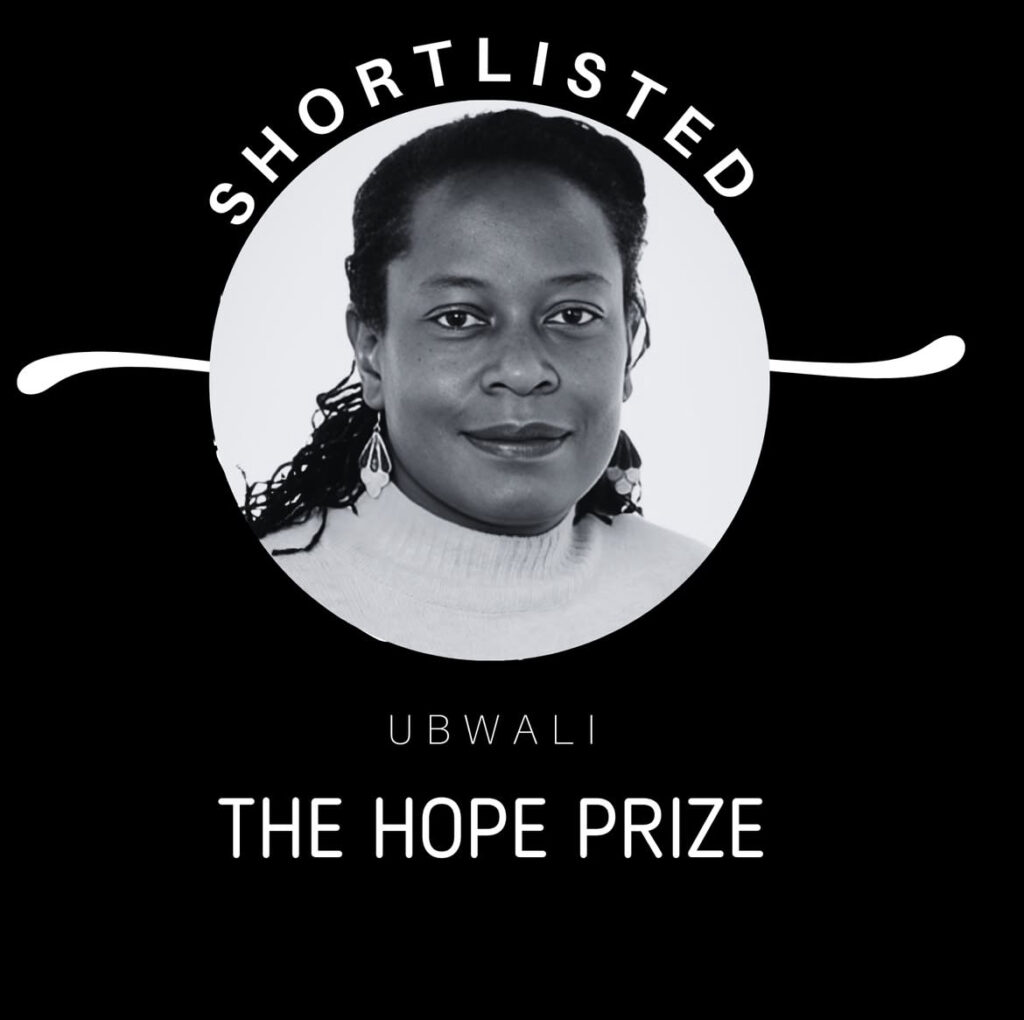
Mwila Agatha Zaza is a Zambian-Finnish author and development professional currently living in Helsinki, Finland. Her debut novel, The Pretenders, was born in Singapore, where she spent three years as a trailing spouse and rekindled a long-dormant love of writing. Her latest novel is set in Helsinki. Mwila Agatha has spent most of her career in fundraising and communications in the international development sector. She has lived and worked in Ireland, the former Soviet Union and New Zealand. She holds a Master’s in Equality Studies from University College Dublin.
Her writing has appeared in The Johannesburg Review of Books and Ubwali Literary Magazine. When she’s not talking to her plants, she’s exploring Helsinki’s libraries and galleries and trying not to step on the Lego that lives on her living room rug.



